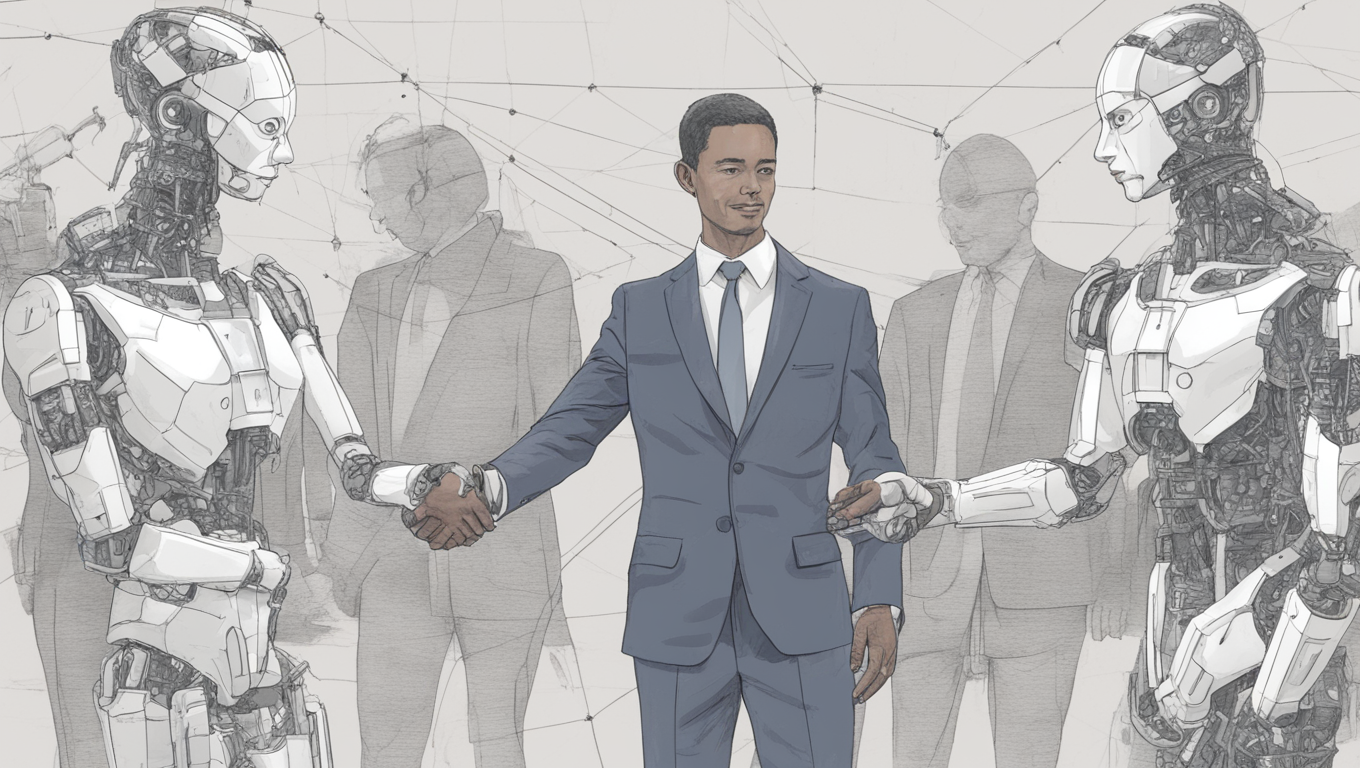In a recent public lecture on ‘Artificial Intelligence in the Age of Uncertainty’ at Azim Premji University in Bengaluru, Nobel laureate economist Michael Spence emphasized the potential disruption that AI can bring to the role of software engineers. While acknowledging the significant increase in productivity that AI can offer by writing the initial draft of code, Spence posed the question of whether we will need fewer software engineers in the future. He cautioned against prematurely jumping to conclusions and highlighted the importance of considering the consequences of AI’s disruption.
Spence also predicted a decline in certain job sectors due to AI. He stated, “I’d be willing to bet a little bit of money anyway that the number of people writing media copy 10 years from now will be smaller than the numbers that are writing now.” He highlighted the impact of AI on activities like language translation and suggested that laborious tasks of this nature might be automated, leading to a reduction in the workforce involved.
However, Spence expressed optimism about the overall job market in India, stating that powerful tools like AI in the hands of Indian entrepreneurs and technologists will lead to the automation of different processes. He believed that the context in which AI is applied is crucial in determining its impact on job availability. He cautioned against intentionally creating a shortage of jobs through excessive automation, but expressed confidence that this is unlikely to happen.
Beyond job implications, Spence also raised concerns about the use of AI by governments and militaries. He advocated for the signing of a treaty among countries to prevent the misuse of AI for security purposes. Spence believes that careful regulation and international cooperation are essential to ensure the responsible development and deployment of AI technologies.
In discussing India’s digital economy, Spence applauded the country’s efforts in digitization, particularly in the financial sector. He praised the architecture and effectiveness of India’s digital infrastructure, stating that it sets an exemplary model that can be replicated in other countries. According to Spence, India is poised to export its expertise and play a significant role in building digital infrastructure worldwide.
Through his lecture, Michael Spence delivered a thought-provoking analysis of the potential impact of AI on the job market, emphasizing the need to consider the broader consequences of AI disruption. While acknowledging the advancements AI brings to productivity, he stressed the importance of responsible implementation and regulation. Spence’s insights provide valuable guidance as society navigates the challenges and opportunities presented by AI in the age of uncertainty.





Use the share button below if you liked it.